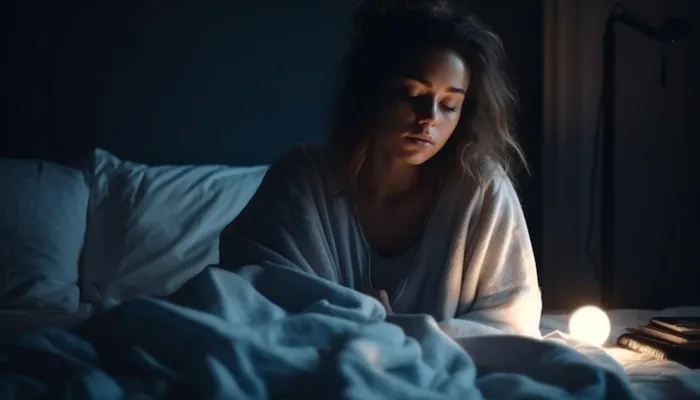
Falling asleep without some form of aid can be difficult for some. Picture: vecstock / Freepik
Image: vecstock / Freepik
For many, falling asleep without some form of aid can feel nearly impossible.
But relying on quick fixes, whether pills, alcohol, or other methods, may be doing more harm than good.
Clinical psychologist Asanda Madi describes this growing reliance on sleep aids as a "silent pandemic."
In a TikTok video, she warns, "We are experiencing a silent pandemic, and I want to alert you to it."
The most common forms of self-medication, she explains, are sleep-inducing pills like antihistamines and alcohol, particularly wine.
"There’s also a small group of people who engage in adult activities, either alone or with a partner, to help them fall asleep," she adds.
While certain activities, like cuddling, have scientifically proven calming effects on the nervous system, Madi cautions that habitual reliance on external aids can be damaging.
"Your body starts depending on these substances instead of learning how to naturally wind down," she says. "Over time, this disrupts your sleep cycle, leading to increased restlessness, anxiety, and even dependency."
Instead, Madi emphasises the importance of sleep hygiene and healthy habits that promote restful, natural sleep.
Here is what she recommends:
She acknowledges the struggle of insomnia, saying, "I know insomnia is horrible. When your mind is racing, it’s so hard for your body to shut down. It’s tempting to reach for something quick and easy to knock you out. But that convenience comes at a cost."
IOL Lifestyle